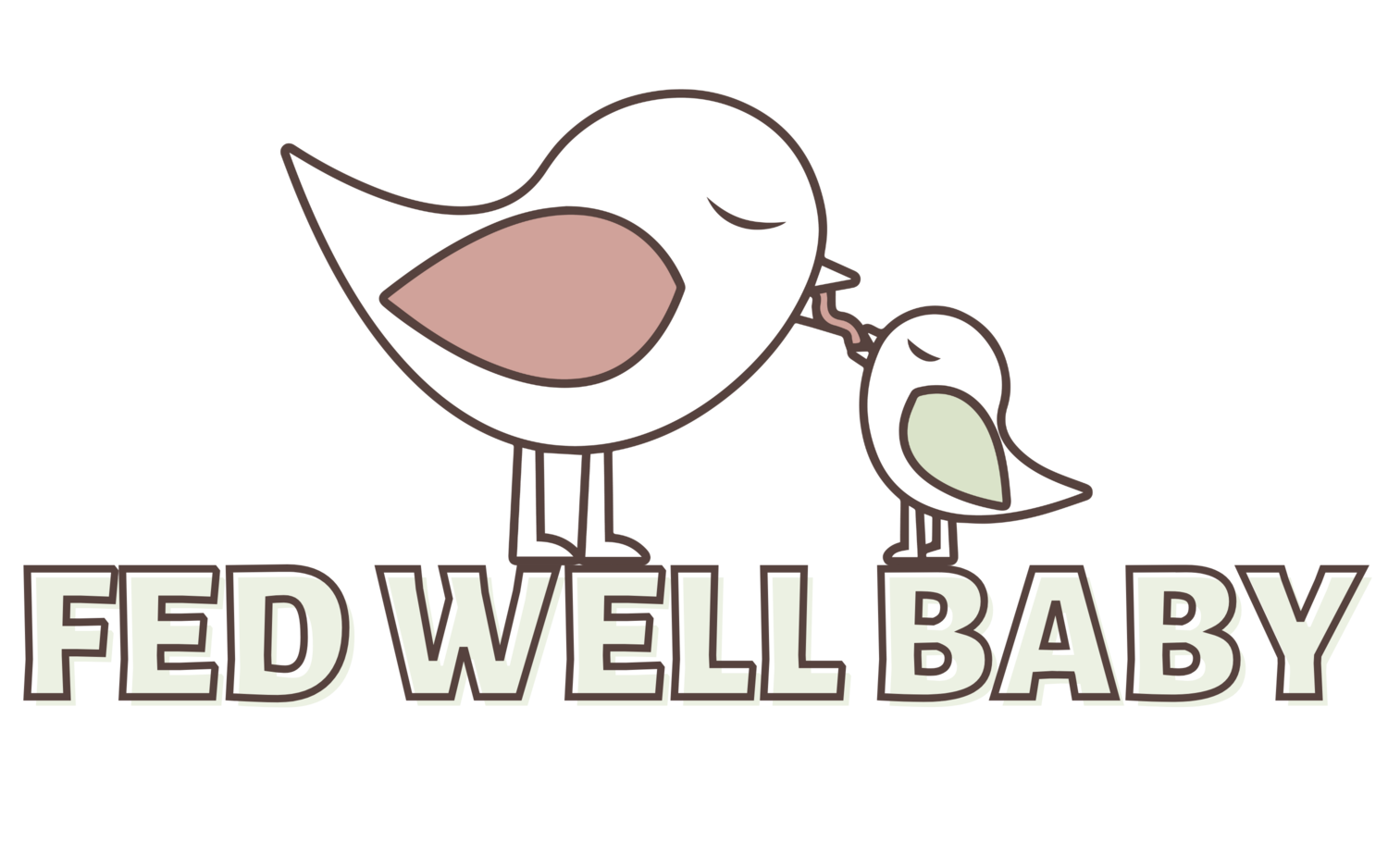
DO YOU HAVE THYROID ISSUES?
Up to 25% of mothers do.
Thyroid issues are tricky because they can often mimic many postpartum symptoms. It is normal for thyroid size and production to increase in pregnancy, therefore bloodwork may not show thyroid as being “off.”
If you had a positive test for antibodies during the first trimester, you are at an increased chance of developing hyper-thyroid postpartum (excessive thyroid hormone). This is less common than developing hypothyroidism postpartum, which is an insufficient amount of thyroid hormone..
Assessing your possibility of thyroid disfunction
-
Those with one of these auto-immune disorders are more likely to have thyroid issues.
-
Fatigue
Increased sensitivity to cold
Constipation
Dry skin
Weight gain
Puffy face
Hoarseness
Muscle weakness
Elevated blood cholesterol level
Muscle aches, tenderness and stiffness
Pain, stiffness or swelling in your joints
Heavier than normal or irregular menstrual periods
Thinning hair
Slowed heart rate
Depression
Impaired memory
Enlarged thyroid gland (goiter)
-
Most doctors only run a standard bloodwork panel that includes TSH) levels for thyroid. The problem is that even if your test results come back normal in this range, it is still possible to have an underlying disfunction.
-
There are many medications that can affect thyroid function testing. Some common examples include:
Estrogens, such as in birth control pills, or in pregnancy, cause high levels of total T4 and T3. This is because estrogens increase the level of the binding proteins. In these situations, it is better to ask both for TSH and free T4 for thyroid evaluation, which will typically be in the normal range.
Biotin, a commonly taken over-the-counter supplement, can cause the measurement of several thyroid function tests to appear abnormal, when they are in fact normal in the blood. Biotin should not be taken for 2 days before blood is drawn for thyroid function testing to avoid this effect.
https://www.thyroid.org/thyroid-function-tests/
Ask your provider to run a full thyroid panel that includes: TSH, total T3, total T4, free T3, free T4, anti-TPO antibodies, thyroglobulin, and reverse T3
-

Already diagnosed? Is your medication the right fit and allergy-friendly?
This article is a great read and will help you know what kind of questions to ask your provider to make sure you are on the type of thyroid medication that is best for you.
If you have been struggling to stop seeing symptoms in your baby, you may also want to read this article to see which brands are safe. You can always look into having your thyroid medication compounded from a pharmacy as well.
-

Are you eating to support thyroid function?
Sugar and refined carbs can cause blood sugar spikes which does not help thyroid management. Even tropical fruits, dried fruits and fruit juice can contribute.
If you have a thyroid disorder, going gluten free can be very beneficial, particularly if you have an auto-immune thyroid disorder. Wheat and gluten can cause issues with thyroid function.
-

Important nutrients for hypothyroidism
Crucial levels to get checked for thyroid function:
Iodine levels
Selenium levels
Vitamin D levels
All three of these are needed to properly balance the body for thyroid function so it is important that you do not become deficient. One must be careful with iodine as it is possible to result in thyroid disfunction when under or over consumed.
Other important nutrients for thyroid:
Zinc is important and helps stimulate the thyroid.
Iron deficiency can lead to hypothyroidism.
B complex vitamins are important as well for normal thyroid production.
Source:
Oh Baby School of Holistic Nutrition
